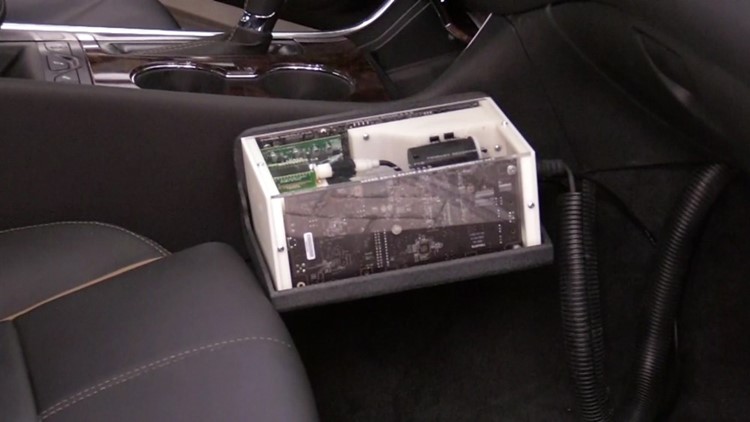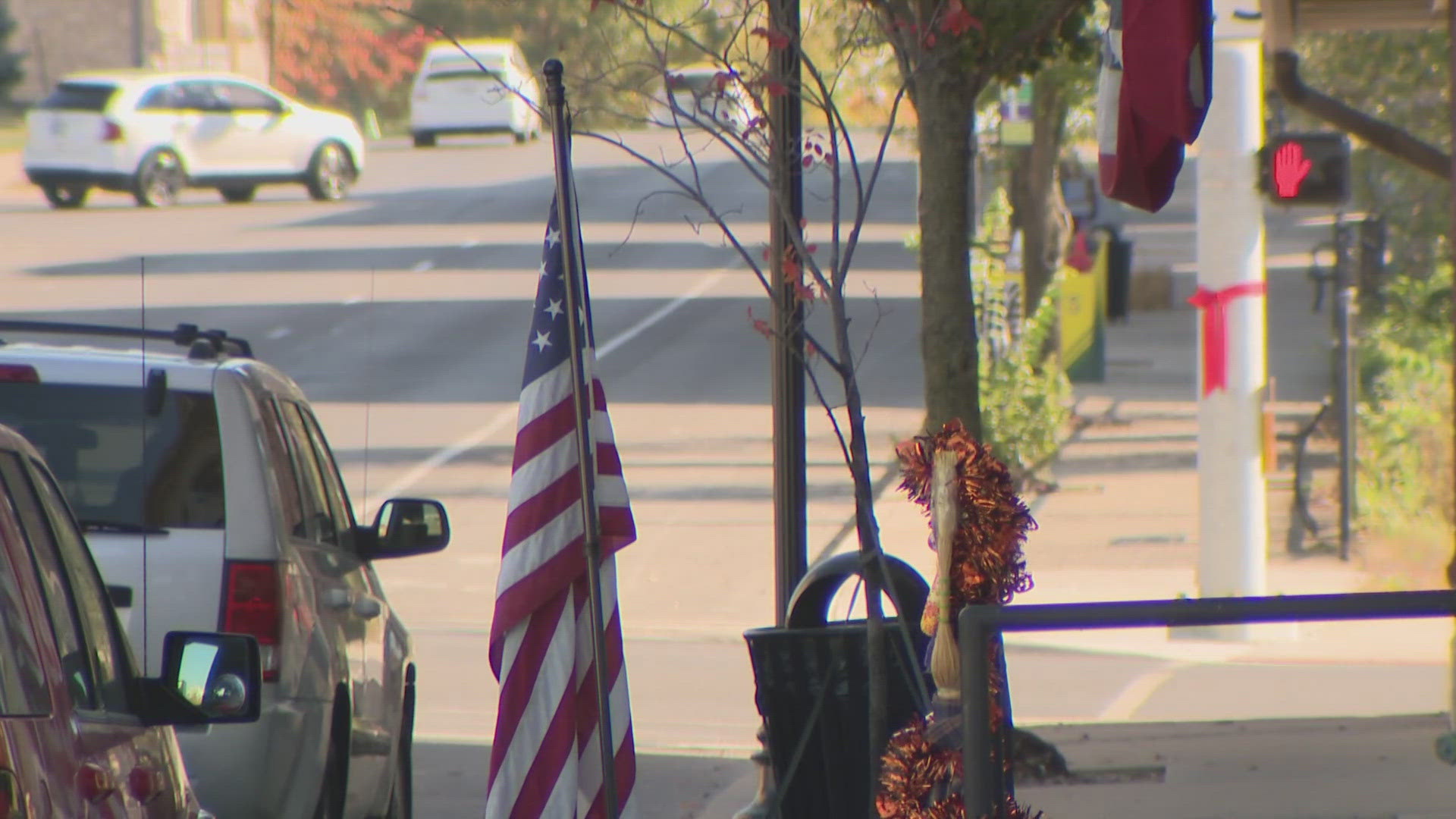Would you want an alcohol sensor built into your car to keep you from driving drunk? Government researchers have been spending millions of dollars to develop that technology and have now unveiled a prototype to show what could eventually be standard equipment in millions of cars.
Bob Segall/13 Investigates
WASHINGTON - More than 10,000 people die because of drunk driving each year. The US Department of Transportation wants to change that by making sure your car won't even start if you've been drinking.
Thursday morning at DOT headquarters in Washington, federal officials unveiled the first look at what's called DADSS - the Driver Alcohol Detection System for Safety.
Researchers say the system is designed to prevent a car from starting if it detects a high blood alcohol concentration (BAC) in the driver, and it uses two types of technology. One will detect and measure your blood alcohol level when you breathe. The second will read the BAC beneath the skin on your finger -- and that would be built into the start button or the gear shift on your car.
"DADSS has enormous potential to prevent drunk driving in specific populations such as teen drivers and commercial fleets, and making it an option available to vehicle owners would provide a powerful new tool in the battle against drunk driving deaths," NHTSA Administrator Rosekind said.
Researchers want it to be passive, invisible technology that works behind the scenes when you get into your car, but they admit they still have work to do. The system is still too big and needs a lot of fine tuning.
Still, supporters like the national president of Mothers Against Drunk Driving, are excited that the massive project is getting closer to reality.
"DADSS will detect if a driver is at .08 BAC or above and will not allow that car to move," said MADD president Colleen Sheehey-Church, whose son was killed by a drunk driver. "If this technology was available in 2004, my son Dustin might be alive today."
Automakers and taxpayers have already spent tens of millions of dollars developing the system. And it's still at least five years from being on the market, according to DOT officials. But some lawmakers and federal officials want to expedite that timeline, and they're now asking Congress to approve more money for more research to get the system on the road faster.
A recent study says it could prevent thousands of drunk driving deaths every year.
Critics say the technology is unproven and will increase the cost of vehicles.
WTHR is keeping a close eye on this issue because it could eventually affect every new vehicle on the road.



